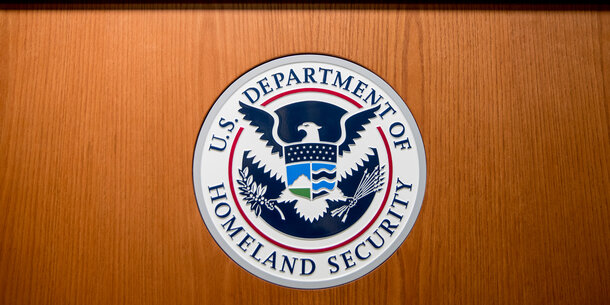The Privacy and Civil Liberties Oversight Board, an independent agency charged with ensuring that the federal government’s counterterrorism efforts respect Americans’ rights, recently released a report on Section 702 of the Foreign Intelligence Surveillance Act. The controversial law, which expires at the end of this year, allows intelligence agencies to perform warrantless “backdoor” searches for Americans’ private communications. The PCLOB report noted that Section 702 captures Americans’ “discussions of political and religious views, personal financial information, mental and physical health information, and other sensitive data.”
Because Section 702 surveillance “poses serious privacy and civil liberties risks” and because the government provided “little justification” for the intelligence value of backdoor searches, the PCLOB recommended several reforms. These changes would help prevent what the FISA Court has referred to as the “persistent and widespread” abuses of backdoor searches, and are similar to the comprehensive surveillance reforms advocated for by the Brennan Center and a cross-partisan coalition of 30 other privacy, civil liberties, and civil rights organizations.
Resource
PCLOB Endorses Reforms to FISA Section 702
A one-page document compiled by the Brennan Center on reforms endorsed by the Privacy and Civil Liberties Oversight Board regarding FISA Section 702, a foreign intelligence surveillance authority that the government is using to gain warrantless access to Americans’ communications, without significant and wide-ranging surveillance reforms.
Stay up to date

